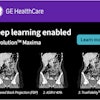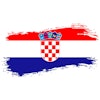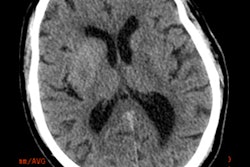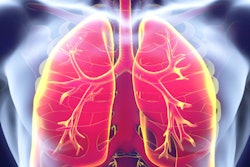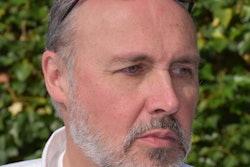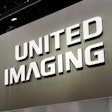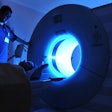Dear CT Insider,
There is a smattering of options available to physicians who want to image stroke patients, but what option is best for which circumstance? It's a knotty problem that a Swedish-Singaporean team investigated.
Physicians must evaluate the pros and cons of each technique and select the best choice for the situation. This is no simple task as there are many factors to consider, including the availability and reliability of the imaging technique, as well as time and expertise, according to the researchers. Read more about their findings.
The use of CT for lung cancer screening continues to be refined. It turns out that restricting eligibility for screening to the heaviest smokers would make the exam more cost-effective. Investigators from the Netherlands and Canada used a simulation model to analyze different lung cancer screening policies for a group of individuals. The more exclusive screening criteria were more cost-effective than less demanding requirements, they found.
ECR 2017 is just around the corner. To prepare for the annual congress, we have an interview with the president, Dr. Paul Parizel, PhD, who is the first radiologist to preside over the European Society of Radiology and ECR at the same time. Currently, he's preoccupied with purchasing three CT scanners. What else is he up to? Find out.
In other CT-related news, a new reconstruction algorithm for CT fluoroscopy demonstrated a "significant" reduction in noise and effective dose compared with filtered back projection. The algorithm also boosted readers' confidence. Read more.
A region of growth for radiology is the Middle East. We have two stories concerning the region that you'll find interesting. In the first, ArabSafe has officially launched. Modeled on the EuroSafe Imaging campaign, the new group aims to establish a radiation safety culture among Arabic-speaking countries and to ensure the appropriate use of radiation in medicine in the Middle East.
The second story from the Middle East details how CT lung cancer screening has entered the pipeline. The 2015 draft Health Authority Abu Dhabi Guidelines for CT lung cancer are supported by several American societies. The guidelines cover most issues found in international guidelines, with one additional risk factor: a 20-year history of water pipe (or shisha) use, due to the popularity of this form of tobacco in the region.
You'll find many more stories to pique your interest in the CT Community, so head on over there or scroll beneath this message.


